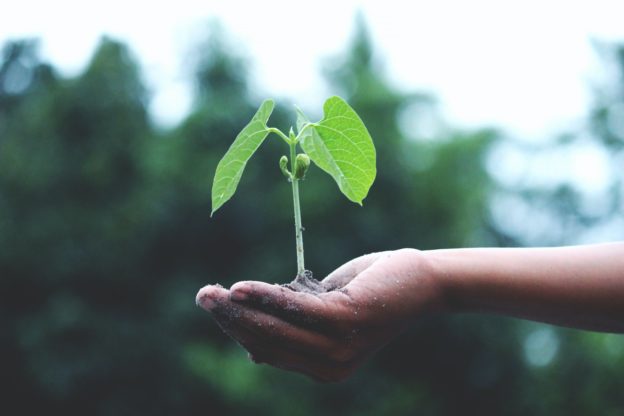This week’s blog post on Sustainability is brought to you by a special guest author, our very own COO Hamish Walker.
Have you ever noticed how the most powerful concepts come in lists of three? Two leaves you wanting for more, and four is just too many to remember. Three is perfect.
Sustainability has its own list, and we call this list the ‘Three Es’.
Defining sustainability is often a challenge. It has many different definitions, and can mean different things to different people. The modern concept of sustainability was codified by the publication in 1987 of ‘Our Common Future’ by a United Nations commission that had studied the issues for nearly three years.
An often-quoted phrase from the paper states that ‘Humanity has the ability to make development sustainable “to ensure that it meets the needs of the present without compromising the ability of future generations to meet their own needs.”
The paper goes on to highlight the multiple areas where changes need to be made to make this a reality, including energy production and use, population, food production, cities, ecosystems and industry. But that is way too long a list, so over the past few decades, it is the three E’s that have emerged as the foundational pillars of sustainability.
So what are the three Es I hear you ask? They are Environment, Economy and Social Equity. For an activity to be sustainable, each of these elements need to be addressed and balanced.

Environment
This is perhaps what we first think of when we think of sustainability. This includes very localized or immediate issues – am I damaging a habitat in a way that it can’t recover from, or driving a species to extinction? Or can be much more global or far reaching, like climate change or ocean acidification which may damage the long term ability of the planet as a whole to sustain us.
And being environmentally sustainable does not necessarily mean having no impact. Thinking about food systems for example, it is impossible to imagine being able to feed seven and a half billion people without having a significant impact on local environments. But are we putting ourselves on a one-way journey gradually reducing soil fertility, water quality and availability, air quality etc, or acting in a way that can be sustained year after year for centuries to come?
When we think of seafood, this means managing the way fish are caught, improving fishing gear to reduce environmental damage, and ensure we are only catching the species we want, monitoring fish populations to avoid long term reductions, avoiding pollution. It also means reducing our carbon footprint to avoid the long-term climate changes that marine habitats are so sensitive to. Talk to anyone that has been fishing for a long time and they will tell you the environmental changes that they have already seen in their lifetimes.

Economy
Are our activities economically sustainable? Is enough money being generated to provide a good quality of life now, and to reinvest to ensure this can continue into the future. It is not enough for a business to come up with the most environmentally sustainable way of producing something, if it can’t make money at it – the business will ultimately fail. Sometimes this may require subsidies or support at the beginning until efficient processes or new markets have been developed. Think of renewable energy. This was heavily subsidized in the early days, but wind and solar power are now the lowest cost way of investing in energy generation.
In seafood, this can mean ensuring that we pay enough for our fish so that everyone involved in catching our fish has enough money to live on, or investing in development of new fish farming techniques so that we can meet the expected doubling in global demand for protein over the next 30 years.

Social Equity
Quite rightly this is becoming an increasingly hot topic in sustainability. Specific certifications such as Fair Trade have been developed to address this, and many established environmental sustainability certifications have adopted, or are working to adopt social equity measures.
This is fundamentally about ensuring that the communities involved in activities have an equitable share in the value created.
This can include providing access to healthcare and education, protecting the environments in which they live, making sure they have access to resources such as food, water, and good housing, and providing opportunities for participation through jobs.
Many of us have seen some of the shocking reports of labor conditions on fishing vessels in different parts of the world. A great deal of seafood processing also takes place in remote regions so it is important that there is adequate social infrastructure to take care of the needs of these communities.
By working with these certification groups, and knowing where all our products come from, we can have more confidence that everyone involved in producing our food is being treated with justice and fairness.
…and The Triple Bottom Line
In 1994 John Elkington, a British management consultant and sustainability, guru coined the phrase ‘The Triple Bottom Line’.
His proposal was rather than businesses measuring their performance purely in terms of profit (the bottom line), they also needed to take into account the concepts of sustainability above. Another list of three – Profit, People and Planet. Many companies have adopted these ideas and we hope that ongoing demand from investors, customers and consumers will continue increase the importance of a balanced measure of performance.
Please take time to read the Seattle Fish 2020 Impact Report which is our attempt to hold ourselves accountable to these ideals.
And remember – reduce, reuse recycle!

